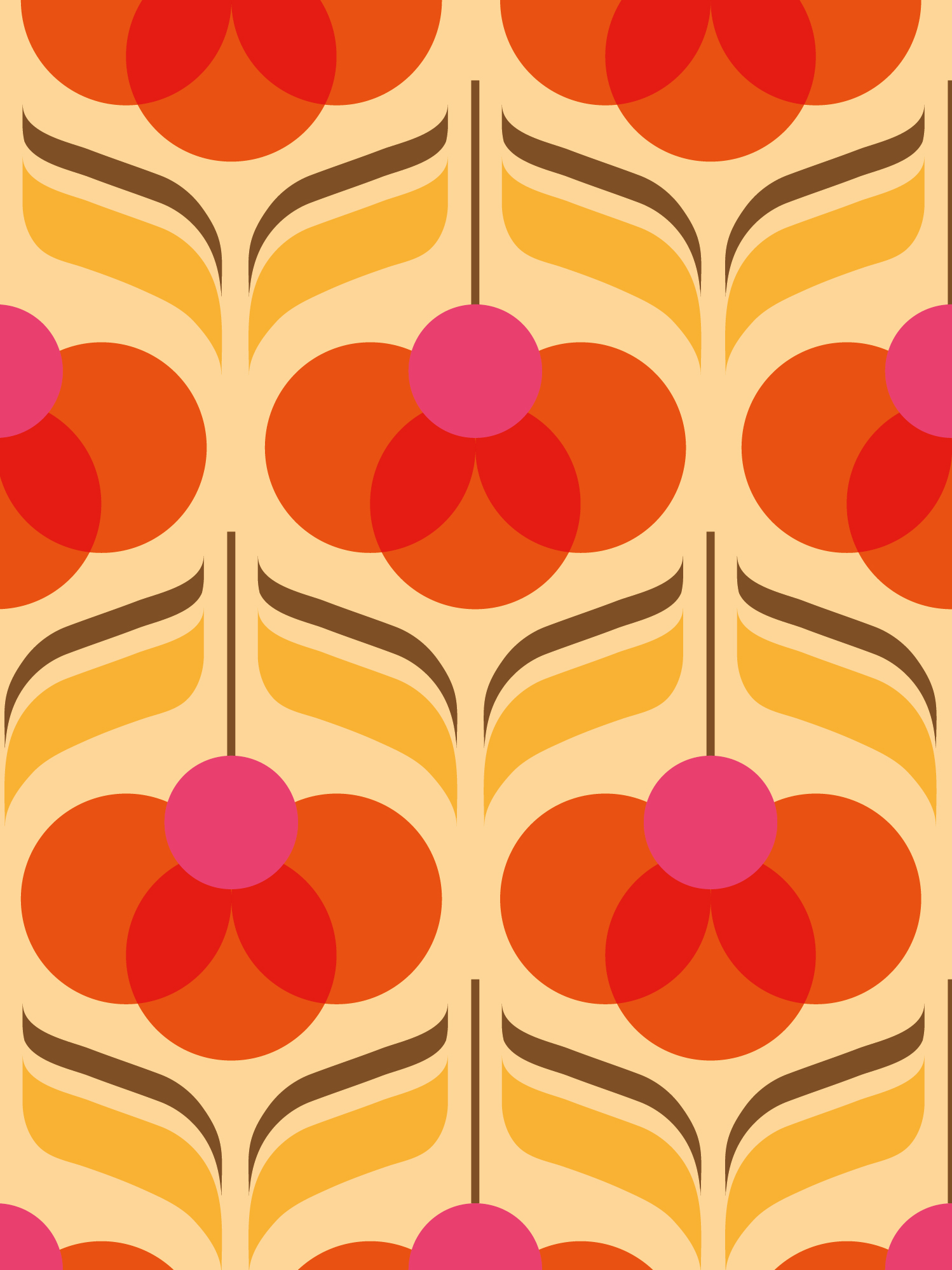Next up in our Class of 2014 feature is BA (Hons) Fashion: Retail Branding and Visual Merchandising student Tasha Cobb. Tasha focused her study around her interest in vintage fashion and here she discusses how her work experience and cultural studies modules shaped her dissertation.
LCF: What have you enjoyed most about studying at LCF?
Tasha Cobb: Most of all I’ve enjoyed the variety of topics covered through my course units, which allowed me to explore fashion and retail from cultural, historical, artistic, and strategic angles. Working from these varied perspectives, I could form my own ideas and build my own pathway through the course. I particularly loved the Cultural Studies units in my first and second years, which greatly influenced my ideas on fashion, culture and the media, and my subsequent work on the course.
LCF: Have you won any prizes / been in the media / undertaken work experience?
TC: In my second year I was awarded the Best Student award for my course. I completed a work placement at Rokit Vintage during which I experienced several different areas of the business: product grading and pricing in the warehouse, sales on the shop floor, planning meetings with the Area Manager, and merchandising on the website (which I enjoyed the most!).
LCF: What inspires you?
TC: I think that anything that presents you with new ideas or knowledge can be inspirational. Most of the inspiration for my written projects has come from the media – something I’ve seen online, in the newspaper, or a debate someone’s having on social media. Most of my written projects were undertaken from a cultural perspective, so the ways people around me interact with fashion, retail, their bodies, etc. have inspired me.
LCF: What is most important to you about fashion?
TC: The cultural or symbolic meanings of fashion; how clothing (and other body adornment) is used to demonstrate identity. I find it fascinating that fashion conveys both distinction from others, and belonging to a group. This is partly why I love vintage fashion- trends can be traced through history parallel to the social conventions and ideals of the day. I think this proves how important fashion is in itself!
LCF: How would you sum up your final project?
TC: My final dissertation explores the rise in popularity of vintage fashion, questioning how far vintage challenges mainstream high-street fashion. The project analysed this from two angles, exploring the buying motivations of the young vintage consumer, and the emergence and functioning of localised vintage Quarters. My findings suggest that vintage retail, and particularly these local agglomerations, offers consumers much more meaningful experiences than mainstream shopping, and therefore may pose an attractive alternative to fast-fashion in the future.
LCF: What are your plans for the future? And how do you feel your course will help you?
TC: In the future I hope to continue working within vintage fashion, either within another company or setting up my own small business. I am also very interested in the possibility of further study, and am considering taking a MA in fashion and/or cultural studies, inspired by the work I completed on the BA, and advice I have received from tutors.
LCF: What advice would you give someone wanting to study for a BA at LCF?
TC: Use the first and second years to explore different areas and approaches to fashion- it makes for a much more rewarding experience, and by your third year you will have a better idea of what you’d like to focus on. Make the most of the excellent libraries at LCF and the other colleges, and have an open mind when you encounter new ideas!


